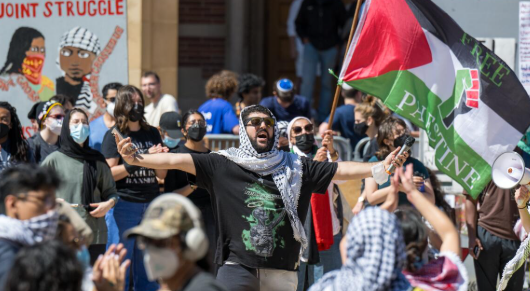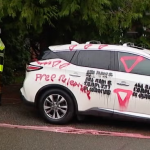Annual Voices for Liberty Symposium: Combating Hate on Campus
Campus leaders must adopt fair and consistent policies to protect free speech and combat antisemitism, scholars emphasized during a recent symposium on free speech. Held at George Mason University’s Antonin Scalia Law School, the Annual Voices for Liberty Symposium featured a panel discussing the challenges Jewish students face amid rising antisemitism on college campuses.
Free Speech and Equal Protection: Striking a Balance
“Jewish students should be treated equally and fairly with other students,” stated Professor David E. Bernstein, executive director of the Liberty & Law Center at GMU. Bernstein, co-author of the paper “The Jewish Dilemma in Supporting Free Speech and Countering Antisemitism on American College Campuses,” highlighted the double standards prevalent in university policies.
Often, administrative efforts under diversity, equity, and inclusion (DEI) frameworks prioritize certain groups while neglecting others, including Jewish students. Bernstein urged universities to apply their policies uniformly, noting that “even grossly offensive speech that makes people uncomfortable should be protected on campus.”
Kenneth Marcus, chairman of the Louis D. Brandeis Center for Human Rights Under Law, underscored the urgency of the discussion, citing an alarming rise in antisemitic incidents on campuses over the past year. Marcus advocated for protecting both free speech and Jewish students, stating, “The challenge is not to figure out when free speech should bow to equal protection—it’s about accomplishing both simultaneously.”
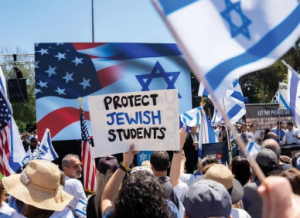
Confronting Double Standards
The panel highlighted troubling inconsistencies in how universities address hate speech. Bernstein criticized institutions for their selective outrage, pointing to Northwestern University’s failure to denounce antisemitic hate speech despite a history of condemning racist actions against other groups. He also noted a broader trend of university professors blending activism with scholarship, which he argued undermines the impartial pursuit of knowledge.
“If you’re an activist, go work for an activist group,” Bernstein remarked. “That’s not the purpose of a university.”
Samuel Goldman, a political science professor at George Washington University, echoed these concerns. He suggested enforcing all existing policies rigorously and evenly. “My suspicion is that universities will find this so difficult that they’ll prefer to modify their policies rather than meet the demand,” he said.
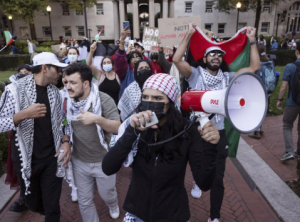
Toward Institutional Neutrality
The symposium also addressed recent shifts in university responses to controversial issues. After the Oct. 7 Hamas attack on Israel, some institutions began implementing institutional neutrality in their public statements. While this represents progress, Bernstein argued that neutrality must be applied consistently and not serve selective ideological agendas.
Ultimately, the scholars called for a free speech environment that protects all students equally. “You can’t only serve certain ideological masters,” Bernstein concluded. “Universities must be neutral in how they denounce things.”
